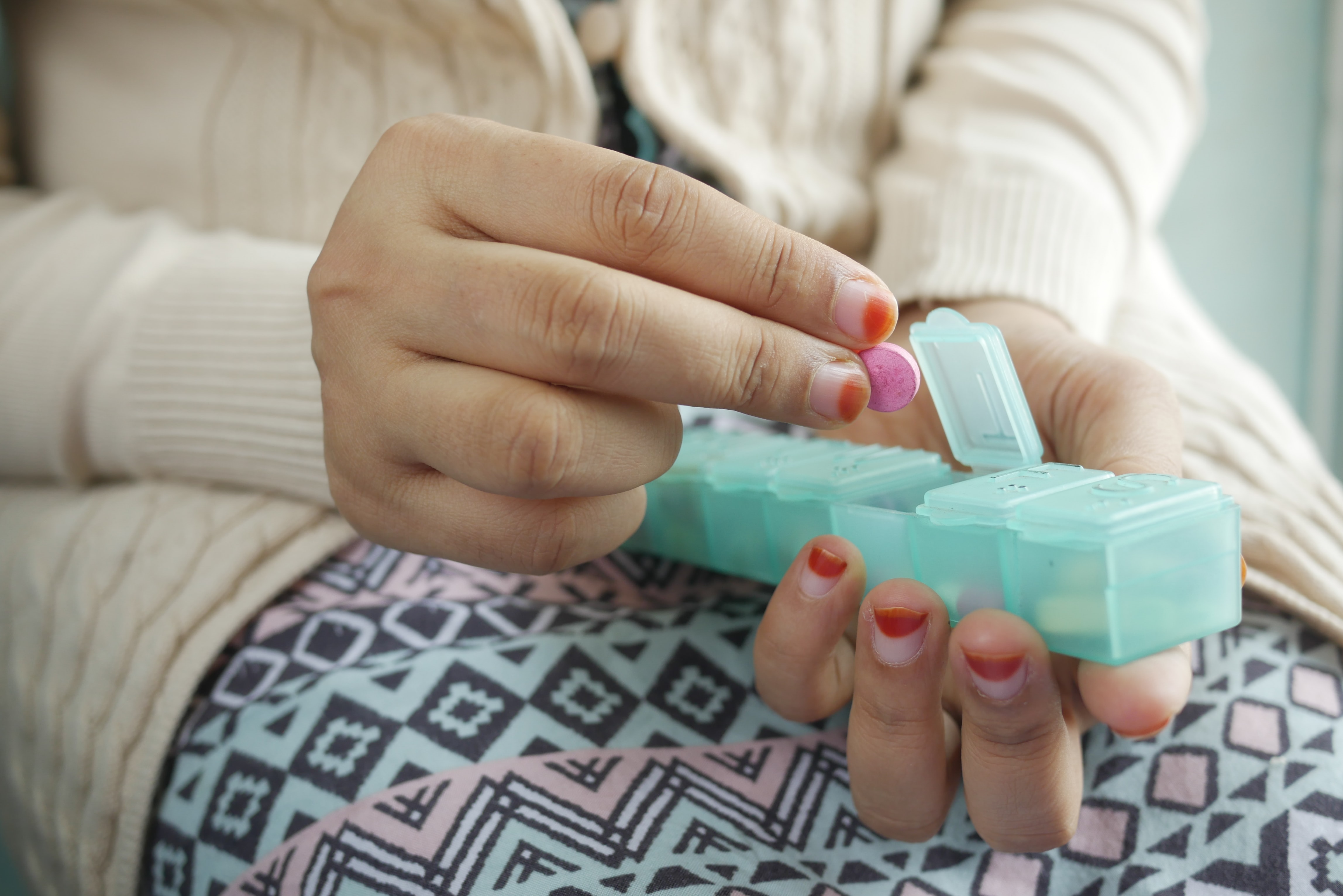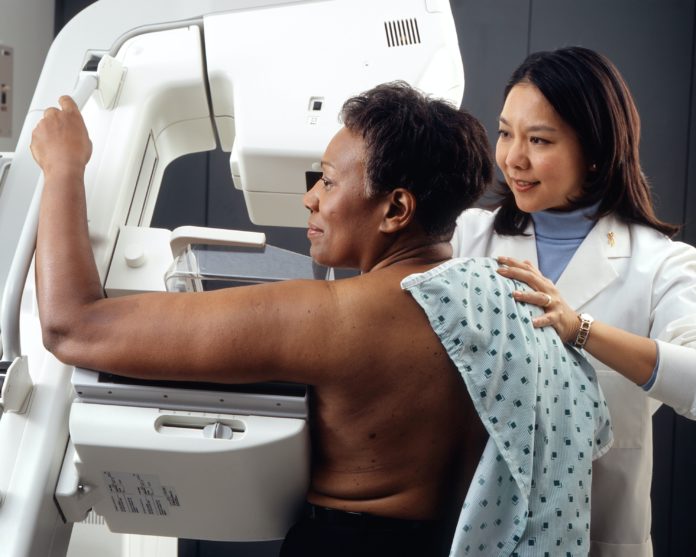A survey on LinkedIn found that in a group of 5,000 people, 74% of women said they were very or somewhat stressed from work-related reasons – compared with 61% of male respondents. A separate analysis by Great Place to Work, found that employed mothers are 23% more likely to experience burnout than fathers. The consensus is that women are more vulnerable to the effects of stress and burnout than men. The reasons range from physiological to societal, with no denying that women take on a lot of responsibilities. Often, this is to the neglect of their health. During August, Women’s Month, women are being encouraged to make their health a priority by scheduling those overdue health checks. “Health screenings are generally done when you’re healthy. The aim is to detect disease at an early stage before symptoms become noticeable. In most cases, treating a disease early on provides a better prognosis. Regular health checks can also help to reduce risk factors and/or treat abnormalities that could lead to more serious disease later on,” says Nicole Jennings from Pharma Dynamics.
Here is a list of health screenings you should not miss out on:
Dental checks. Bad breath and teeth discolouration are all on the menu when regular dental checks are missed. Once-a-year checkups are sufficient to combat plague build-up, cavities and gum diseases.
Blood pressure screenings. Blood pressure is known as the silent killer since it typically does not show symptoms! South African research shows that high blood pressure rates among women have increased in the last 20 years. “Almost all diseases, disabilities and deaths caused by high blood pressure are preventable. So, roll up your sleeve and get your blood pressure checked. This can be done at most pharmacy clinics or your GP,” Jennings explains, “a normal reading is below 120/80 mm Hg.”
Blood glucose check. Jennings says that a fasting glucose reading showing 6.1 – 6.9 mmol/l and higher may indicate that you’re prediabetic. Anything over ≥ 7 mmol/l indicates diabetes. Women who are aged 45 and older should get their glucose levels looked at every three years.
Cholesterol. This screening assesses your risk for developing heart disease or stroke. From the age of 20, it should be done every five years. Do note, that a history of cardiovascular disease in the family is a high reason to seek a screening more regularly. “Normal cholesterol levels should be less than 5 mmol/l. If it’s higher, make a plan to see your doctor,” says Jennings.
Colon checks. This check may not sound very common, but having a check for cancer is important for women aged 50 and older. It can be done at a doctor’s office or in a hospital. As with other cancers, your doctor will advise how often this test should be done concerning various risk factors.
Mammograms. This cancer screening involves compressing the breast between plates for X-ray imaging. “As you age, your risk for breast cancer increases. Women should start annual screenings at age 40 and can then switch to biannual screenings at age 55. However, if you have a family history of breast cancer, then talk to your doctor about starting screenings earlier,” advises Jennings. It is also advised to perform monthly self-examinations – check for any lumps or changes and irregularities.
Pap smear tests. This is recommended every three years, beginning from the age of 25 to 65. Cells are taken from the cervix and sent to a lab for analysis. The results will determine if there are any changes or abnormalities that may lead to cervical cancer – the fourth most common cancer among women.
Bone density screenings. It is vital to test for osteoporosis from the age of 65 and older. This disease weakens the bones, and the frequency of the test varies on the bone density you have at the time of the test. “The test requires you to lie flat on a table with your legs positioned over a padded box, while a low-dose X-ray machine captures images of your bones,” says Jennings.



